
He’s a world-renowned hacker; he’s the singer of one of Britain’s biggest rock bands; he’s a nuclear physicist whose work helped develop an atomic bomb – though truthfully, he’s none of these things. Though with Rami Malek’s talent, I find it tough to believe he’s actually an actor. Fantastic to watch, a thrill to have on screen, Malek is the star of award winning show Mr Robot, he’s Freddie Murcury in the amazing biopic Bohemian Rhapsody.
One wouldn’t imagine with the acclaim the actor has managed to recieve for his dedication to tv and cinema, such an actor wouldn’t feel like such an outsider. Unfortunately No Time To Die isn’t the actors only shortcoming, though in speaking to The Guadian Maleks shortcomings are less on him as a person and more the culture of Hollywood.
Related
Rami Malek to Play Buster Keaton in Limited Series From The Batman Director
The Batman director Matt Reeves is developing a biographical limited series about silent film legend Buster Keaton, with Rami Malek in talks to star.
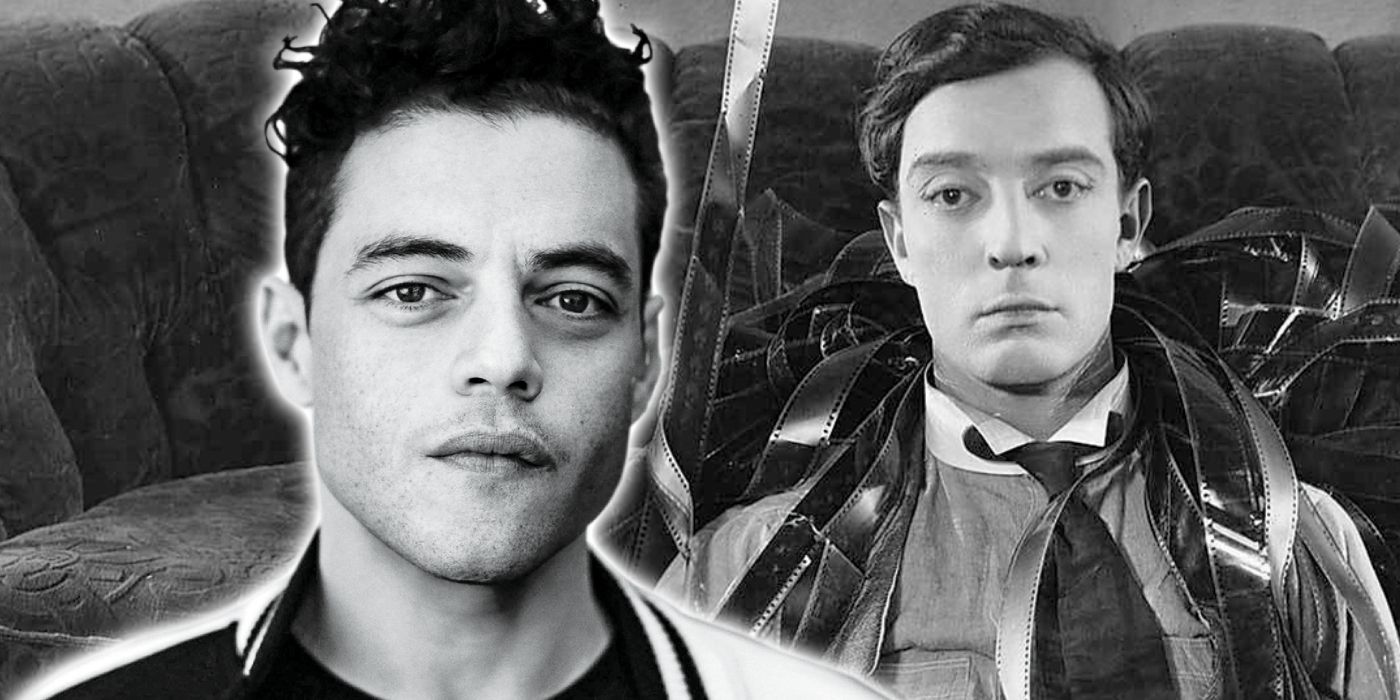
Rami Malek Talks Not Feeling Accepted In The Worlds Film-Producing Capital
Malek has played more than a few outsiders in his time, outsiders who could rebel as much against soceity as themselves. His Mr Robot character was constantly locked in an internal battle to overthrow the system that held society down and the systems of his personality that kept him chained.
As Freddie Murcury, Malek truly captured the battle of Queen vs the music undustry and Queen vs Murcury and Murcury vs himself. Bohemian Rhapsody demonstrated the battleground of Murcury’s life, all through the lens of Malek’s talent. Malek excels as outsider, most likely because he feels like he is one himself.
Speaking to The Guardian, Rami talked about his experiences growing up as non-white in Los Angeles;
‘I got thrown on the bonnet of an LAPD cop car because someone had robbed a liquor store and stolen a woman’s bag. They said the thief was of Latin descent and, ‘You fit the description.’ I remember how hot that engine was, they must have been racing over there and it was almost burning my hands. My friend, who was Caucasian, was clever enough to go, ‘Actually, sir, he’s Egyptian. Not Latin.’ I remember laughing on the cop car, thinking, ‘OK, this is a very precarious situation. I may well be going to jail for something I’ve not done.’”
Malek had always considered himself a person who is ‘mostly white’, and the experience shaped him as a person nearly compelling him to take up a career in journalism or politics. It was only a love of cinema that drove him away from that path. And whilst fame has bought the actor a measure of personal security, he’s very aware that does not extend to his family;
‘…at times, I do feel a bit sad that my parents had to make this extraordinary pilgrimage to America to investigate the possibilities. And now my mother is dealing with, perhaps, a certain sense of repression that they may not have known had they not moved. If that makes sense.’
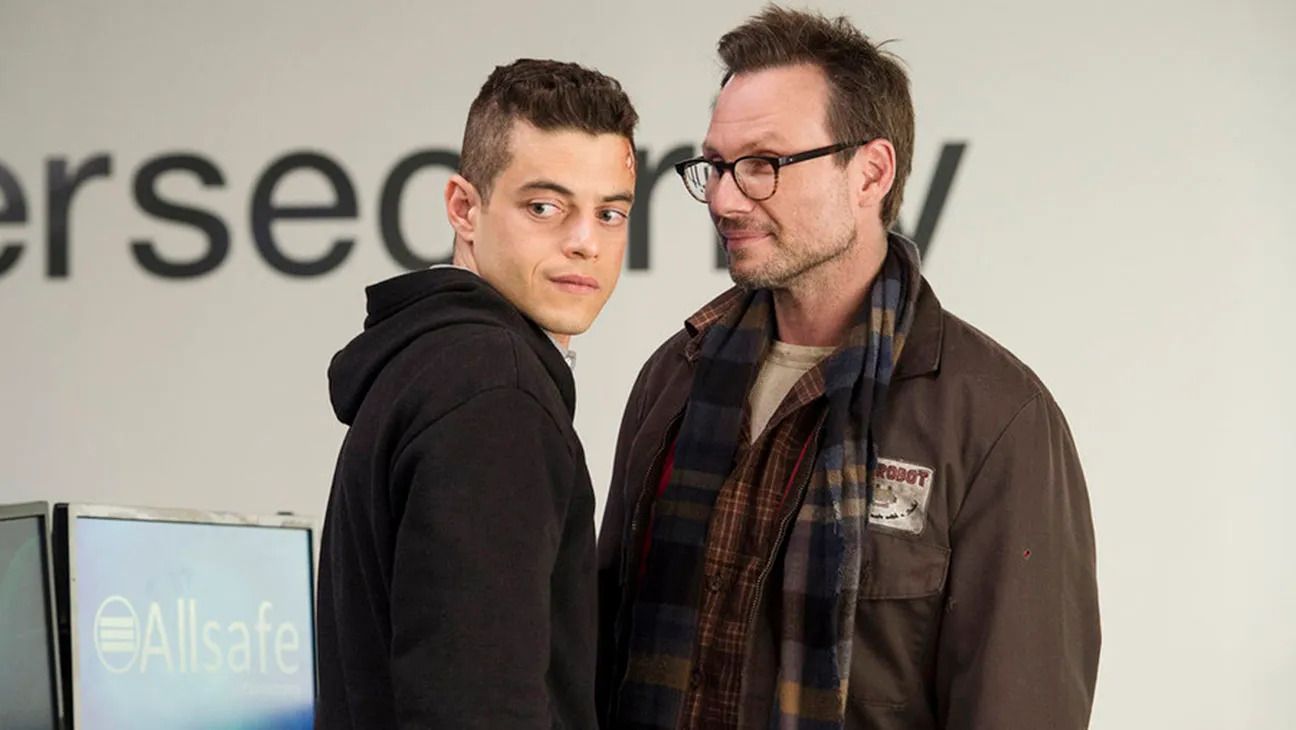
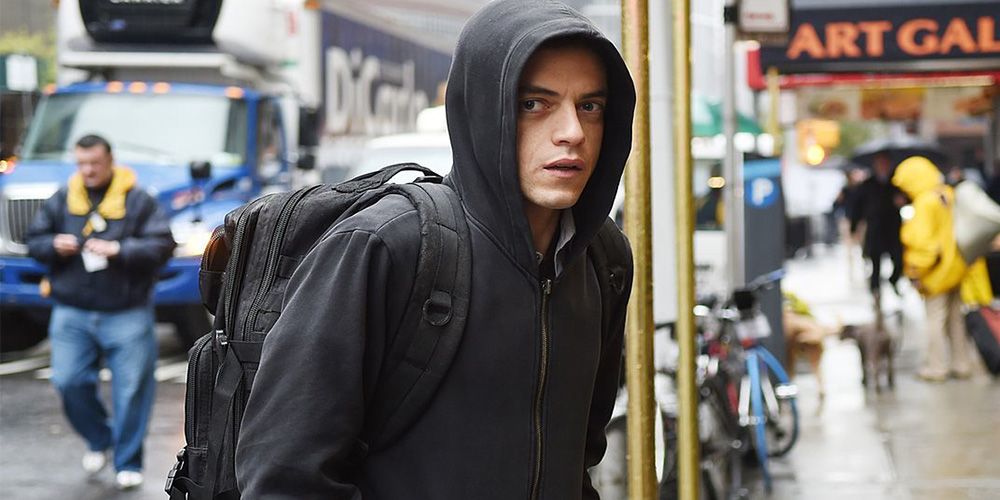
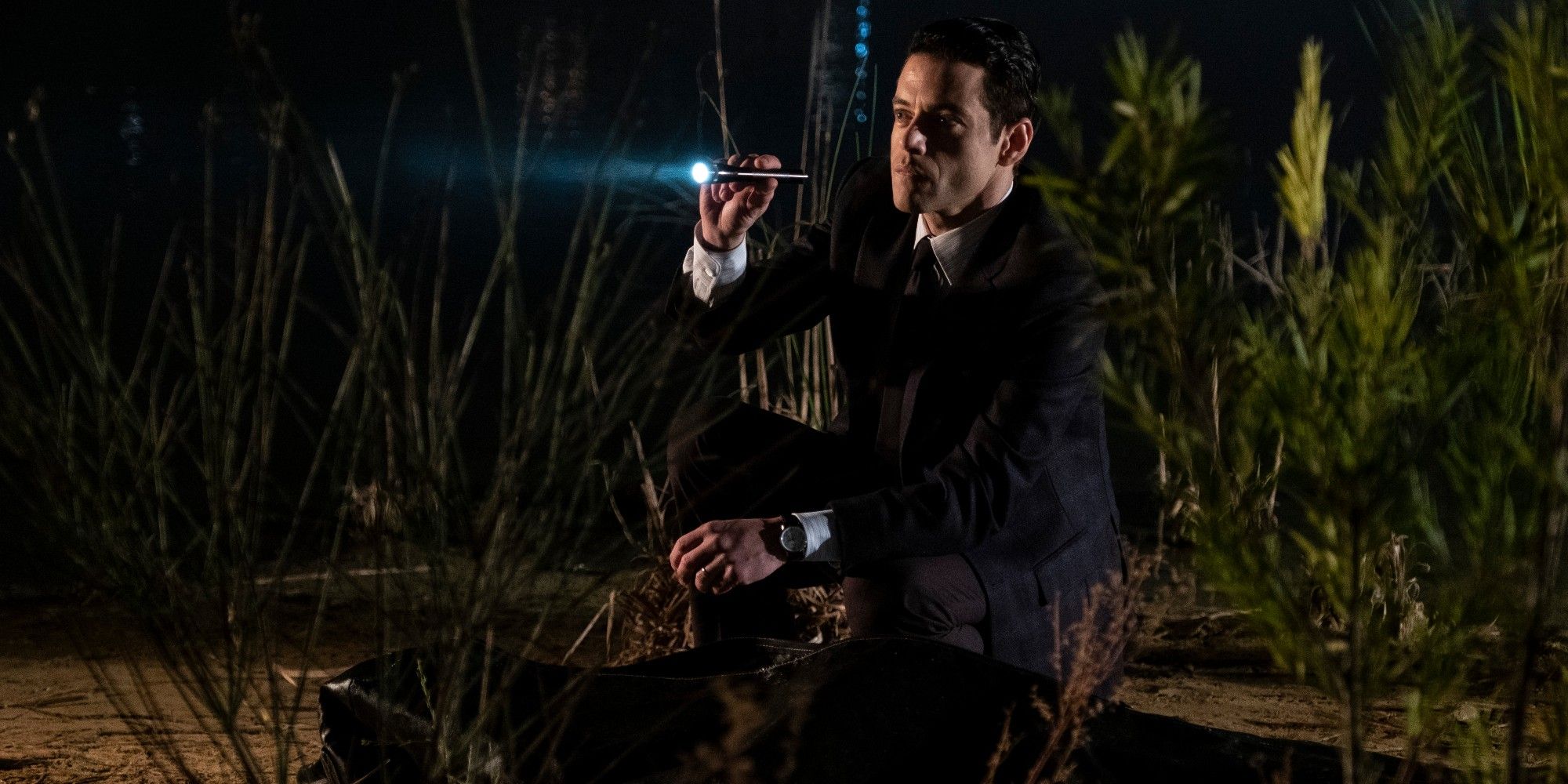
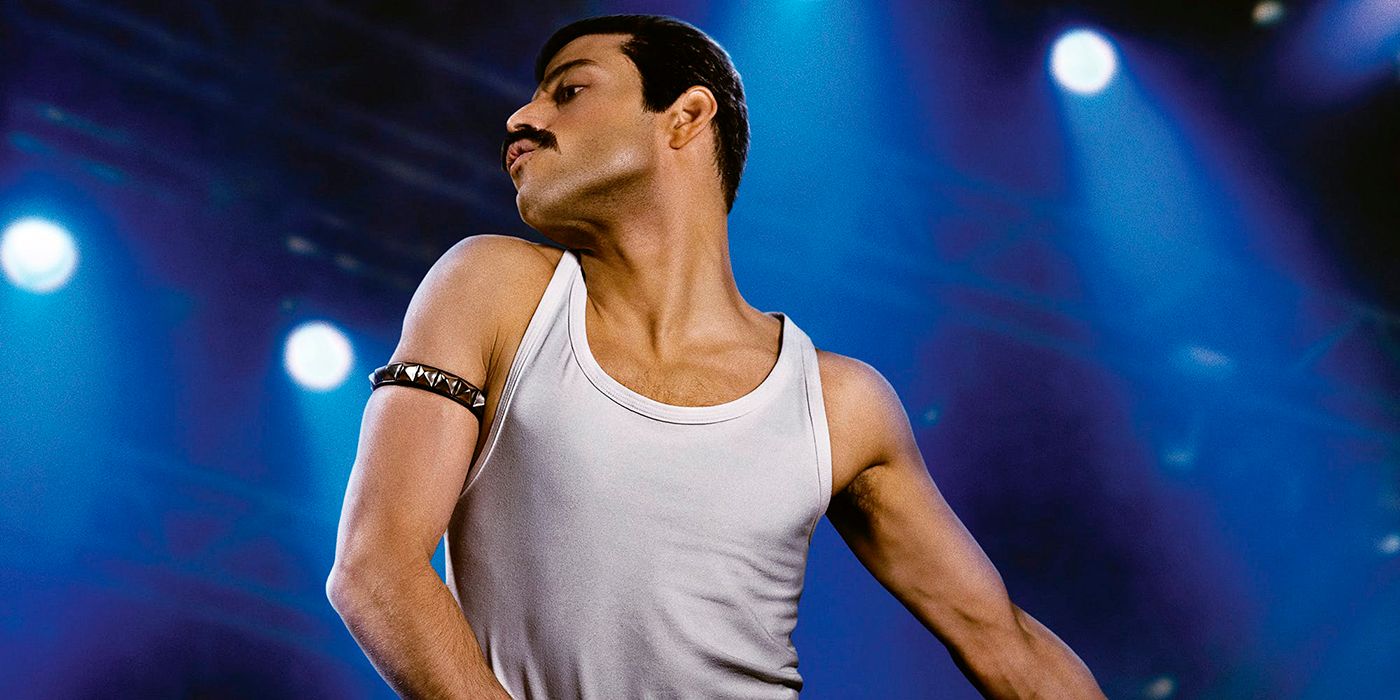
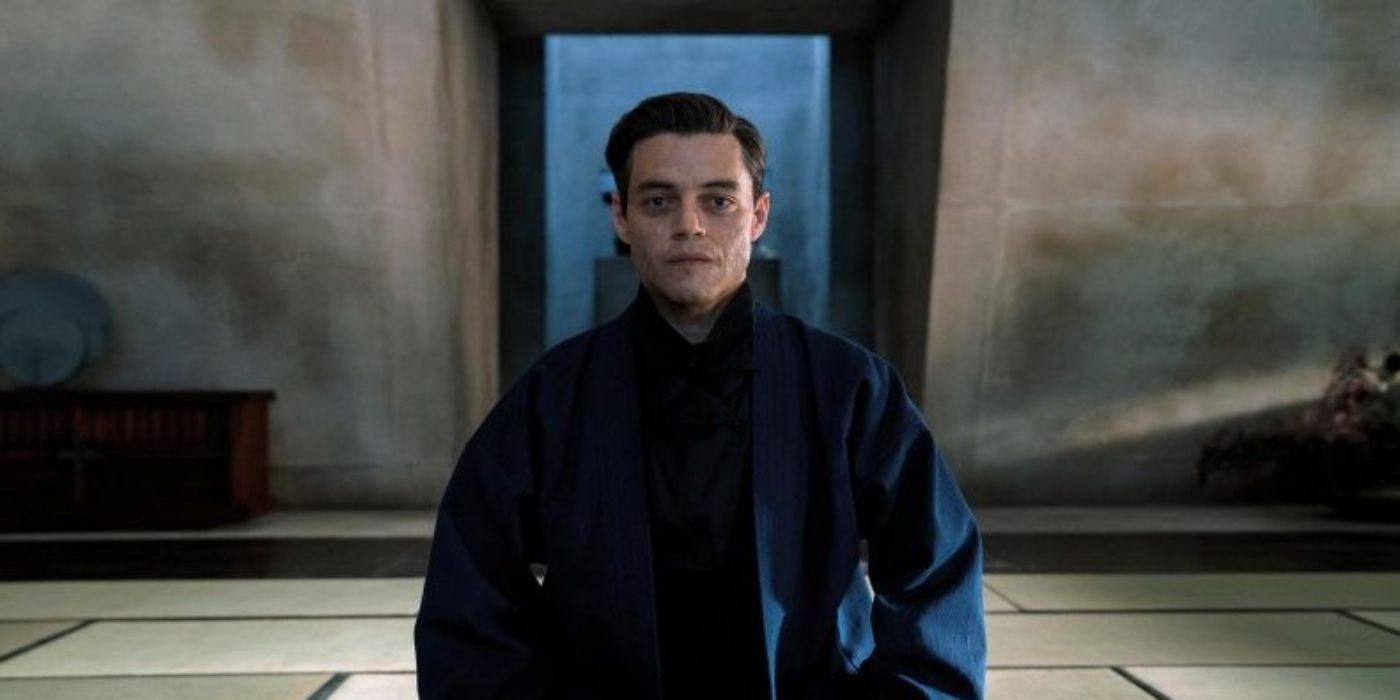
Malek’s Experiences Are Not Singular But Shared
Malek’s experience is unfortunately a common one, and has been seemingly noted by The Guadian given their recent interview with Lucy Liu. Liu, who is asian, noted that her race played a part in how she was cast, ‘I was the only diverse person in the room: it was so obvious’, and has noted her feelings that, although diversity has moved forward it has not come far enough.
As both actors have come far in their careers, the challenges they’ve faced is reflected in the art they produce – or have been allowed to produce. And yes, whilst Lucy Liu and Rami Malek have had major roles, that they as two major stars struggle still with this issue reflects a need off-screen to improve our society.
Rami Malek’s latest film Oppenheimer is avaialbe for digital and DVD purchase.


